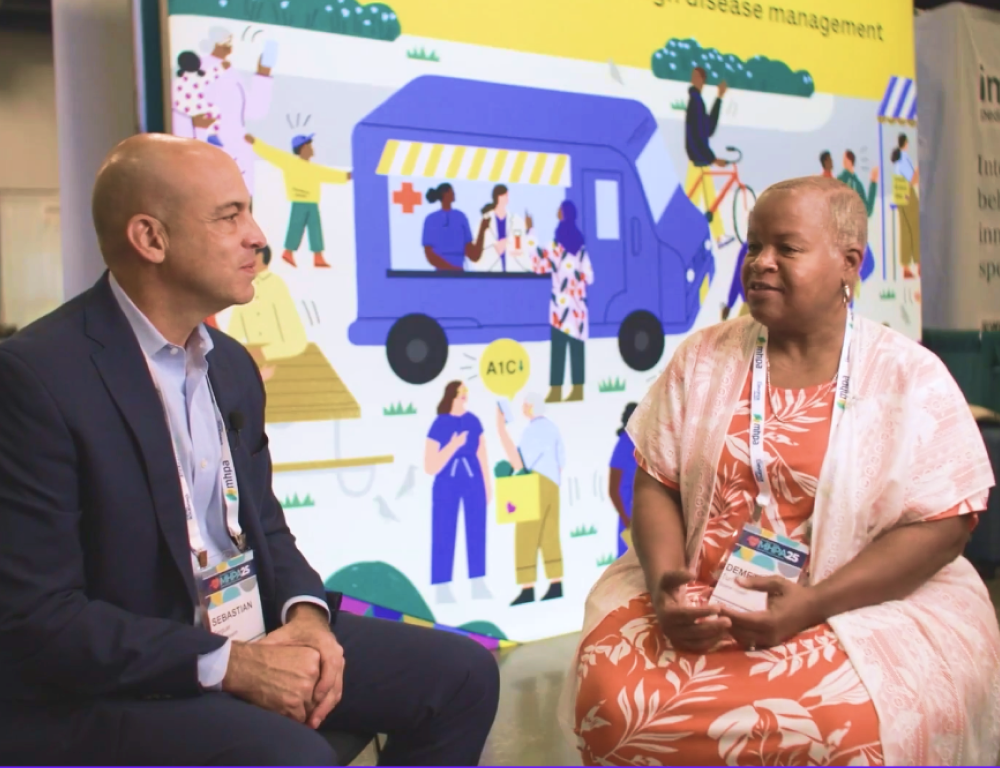Breaking Barriers to Better Health: Revolutionizing Medication Adherence for Underserved Communities

Patients with low incomes often encounter a multitude of challenges that hinder their ability to adhere to their medication regimens, resulting in poor health outcomes and increased healthcare costs. These challenges include medication-related issues, behavioral barriers, and social determinants (or drivers) of health.
A new nationwide survey sheds light on the medication challenges faced by this vulnerable population, revealing a disproportionate prevalence of polypharmacy and comorbidities. Astonishingly, over 65% of respondents reported managing medications for one or more chronic conditions, with over 82% juggling two or more prescriptions.
The survey further unveiled a deep struggle with medication nonadherence, with almost 70% of participants admitting to making at least one medication mistake at least once a month. Forgetfulness emerged as the leading cause of nonadherence, cited by over 55% of respondents. Additionally, various other barriers, such as late prescription pickups, time constraints, side effect aversion, medication affordability, lack of privacy, limited access, and confusing directions, contributed to the problem.
The consequences of medication nonadherence proved dire, especially for this underserved population. The survey found that over 57% of medication takers had experienced adverse events due to errors. Shockingly, close to 11% of respondents sought urgent care, over 9% visited emergency departments, and almost 4% endured prolonged hospital stays of three or more days due to medication errors.
When the respondents were asked to rank which interventions they would find most helpful, they ranked having a healthcare professional available for questions (over 47%), daily care check-ins (over 35%), and medication review with their doctor (26%) as the top two most helpful resources.
As evidenced by the survey, patients want a greater level of interaction with healthcare professionals to help them overcome barriers to adherence. Unfortunately, most medication adherence solutions on the market fail to provide this level of patient engagement. A comprehensive and all-encompassing solution is urgently required to provide low-income patients with the engagement they want while helping them address their complex medication challenges.
Scene Health is committed to providing such a solution by leveraging technology and a holistic patient-centered approach. Our program utilizes video Directly Observed Therapy (DOT), an innovation that extends the reach of health professionals beyond clinical settings. This groundbreaking innovation enables health plans to engage even the hardest-to-reach populations with a highly personalized and multi-intervention strategy.
With our 360° model of care, patients are engaged through daily check-ins with a dedicated care team of pharmacists, nurses, and health coaches. Patients are motivated to continue following their treatment plans and empowered by the healthcare and social support they find in our program.
Our care team’s humanization of healthcare is facilitated by targeted interventions, including small financial incentives, medication reminders, motivational interviewing, and motivational and educational video content. Our care team works to provide culturally responsive care to close gaps in access, offering patients a professional at their fingertips whenever they have a question about their regimen or make even the smallest medication error.
Our level of engagement gives patients the spotlight and enables them to face any challenges to their adherence. Our approach revolutionizes medication adherence for underserved communities and is paving the way for a healthier and more equitable future.




Download the Insights into Medication Challenges in Populations with Low Incomes: The Scene Medication Survey

Download the Insights into Medication Challenges in Populations with Low Incomes: The Scene Medication Survey






.png)
